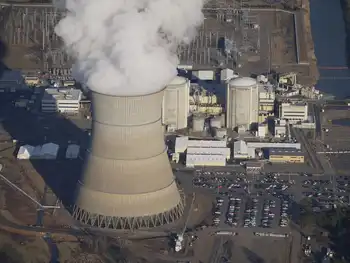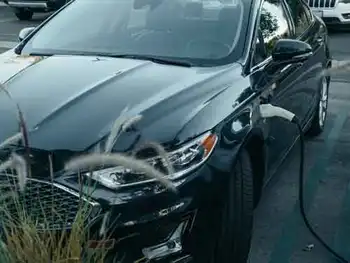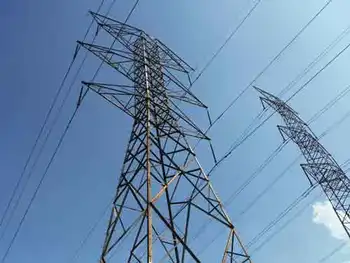Electric cars will not cure environmental woes
By Reuters
Protective Relay Training - Basic
Our customized live online or in‑person group training can be delivered to your staff at your location.

- Live Online
- 12 hours Instructor-led
- Group Training Available
President-elect Obama wants to put 1 million on the road by 2015. GM features them, particularly the Chevy Volt, in its new business plan for a debut in 2010. The EU wants them to shrink greenhouse gas emissions in 2020 by 20% from 1990 levels. The Chinese auto company BYD began selling the worldÂ’s first commercially-available plug-in hybrid sedan.
No matter that these cars are not widely available; that they are priced far above traditional models; that many have a short range, making them useful only for local trips; that batteries may be prone to catching fire; and that many motorists park on the street, where charging is impractical.
For some, these issues pale in importance to saving the planet from harmful emissions of carbon, sulfur dioxide and nitrogen dioxide — all of which are released from internal combustion engine vehicles. If battery powered cars reduce emissions, environmentalists argue, they should be produced and consumers should be enticed to buy them.
But whereas electric cars donÂ’t pollute when theyÂ’re running on batteries, theyÂ’re not pollution-free. Making the lithium-ion batteries is pollution-intensive and recharging the batteries uses electricity. And most electricity generation, from coal- and gas-fired power plants, still causes pollution.
Which means that pollution from the extra electricity for car batteries has to be weighed against savings from burning less gasoline. Whether battery power can trump the internal combustion engine, which is continually getting more efficient, depends on when drivers decide to charge their future cars, as well as how the electricity is made.
A 2008 study by the Oak Ridge National Laboratory projected U.S. power needs in 2030 if 25% of the car fleet used some form of battery power.
If drivers charged vehicles after 10 p.m., when household power consumption is at its lowest, then at most eight extra power plants would be needed for electric cars. In contrast, if drivers charged cars in early evening when household use is peaking, 160 new power plants would have to be built.
At issue here is the way that America will generate its electricity when ObamaÂ’s 1 million plug-in hybrids hit the road in 2015. Nuclear power plants do not generate harmful emissions, and are a far cleaner source of electricity than oil, natural gas, or coal. Yet America has refused to build them for fear of accidents and because of controversy about where to dispose of spent fuel. A third problem is long delays in winning government licenses for new plants.
Private companies donÂ’t want to face litigious American consumers, trial lawyers at the ready, and so do not dare embark on nuclear power plants. Until Congress makes serious efforts to shield companies from liability, nuclear power wonÂ’t be viable. The Nuclear Regulatory Commission has not licensed a new nuclear power plant in over 30 years.
France, on the other hand, does have nuclear power; it generates 78% of its supply from splitting the atom, far more than AmericaÂ’s 19% share. Electric cars in France, therefore, if they can overcome problems of range, safety, and price, would be more environmentally friendly than their American counterparts.
Until America can resume construction of nuclear power plants, it might be that the way to energy efficiency on the road is not through the electric car but by making improvements in the way cars burn gasoline. That would be a good use of the $25 billion that Congress gave to the auto industry last year to improve efficiency.
Call it a dual-highway route to saving energy on the road.











